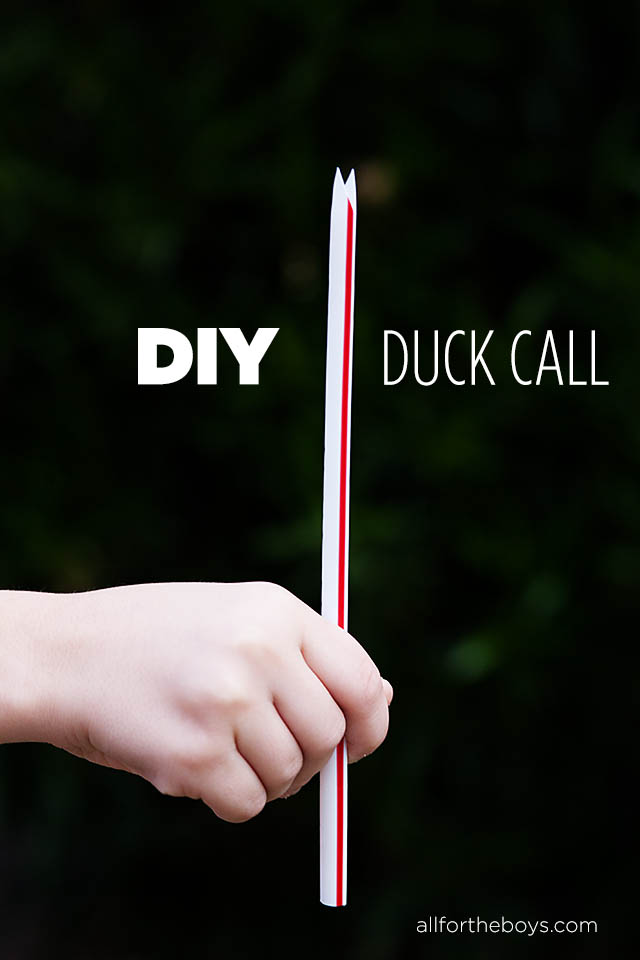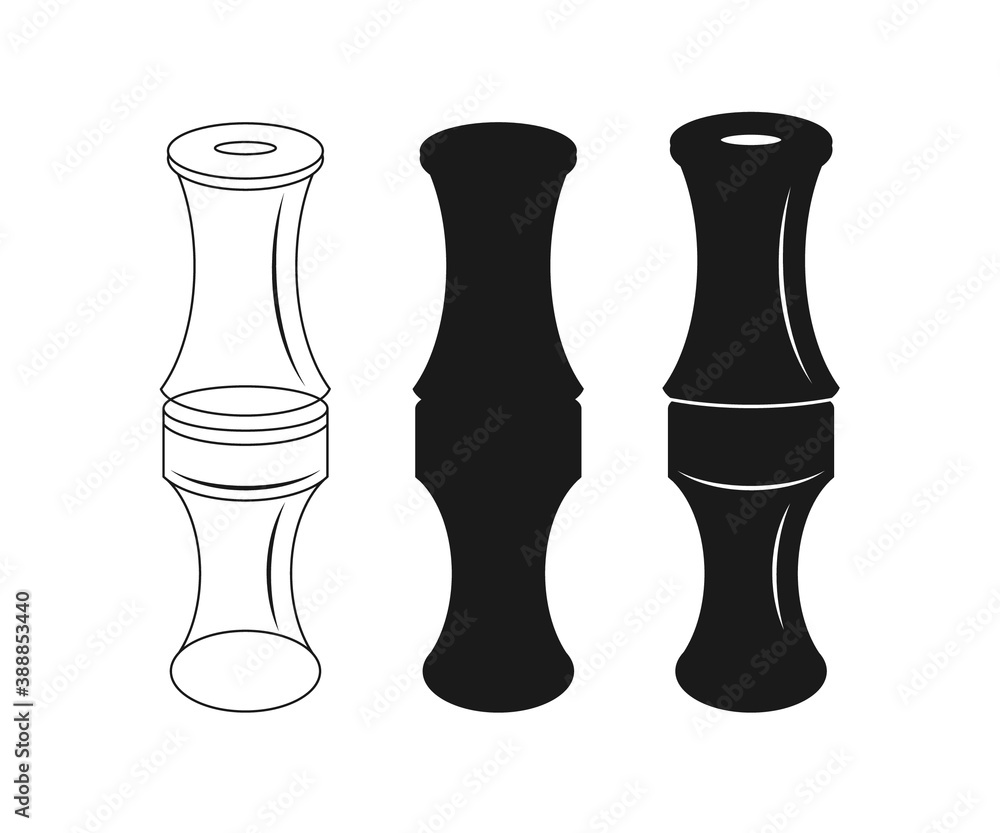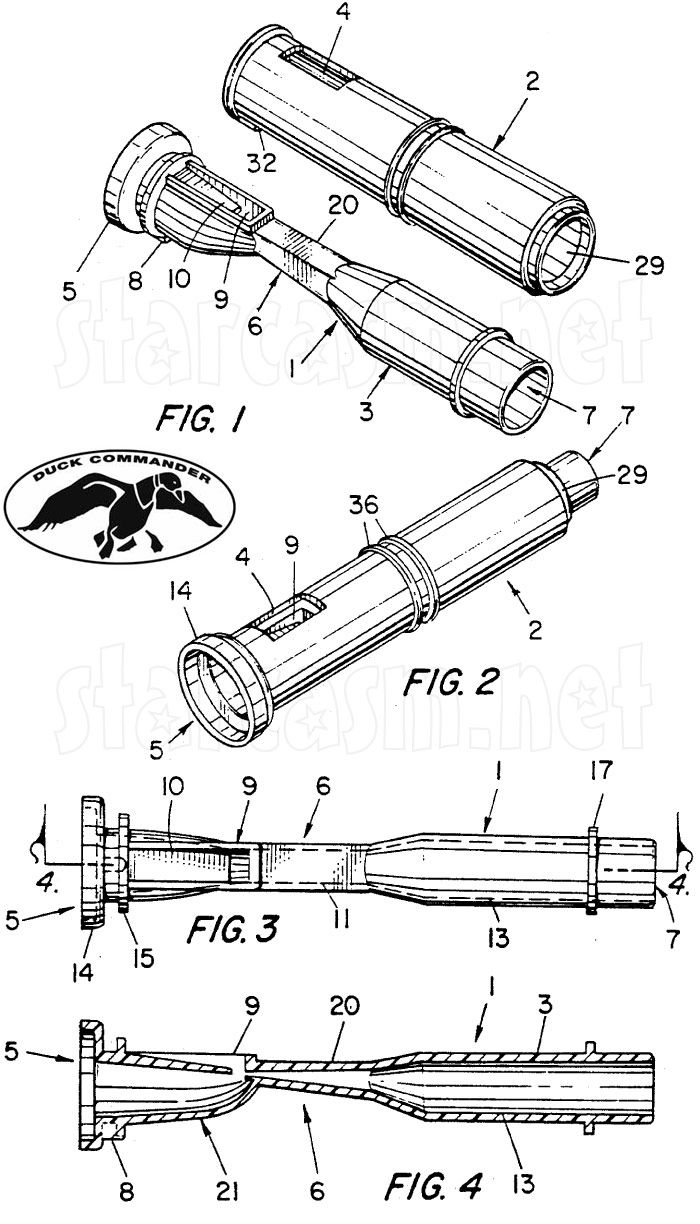Hey there, fellow outdoors enthusiasts! Are you ready to level up your duck hunting skills? Learning how to duck call is more than just making quacks—it’s an art form that can make or break your hunting experience. Whether you’re a seasoned hunter or a beginner, mastering the art of duck calling can significantly improve your chances of success in the wild. So, buckle up, because we’re diving deep into the world of duck calls and uncovering secrets that will transform you into a pro!
Now, I know what you’re thinking—“Is it really that complicated to make a duck sound?” Well, my friend, it’s not just about mimicking a duck. It’s about understanding their language, their behavior, and the nuances of their calls. In this guide, we’ll cover everything from the basics of duck calling to advanced techniques that will have those ducks flying straight into your decoys. So, grab your coffee, sit back, and let’s get started!
Before we dive into the nitty-gritty, let’s talk about why learning how to duck call is so important. Ducks are smart creatures, and they can easily detect if something isn’t quite right. A poorly executed duck call can scare them away faster than you can say “quack.” But with the right techniques and practice, you’ll be able to communicate with ducks in a way that feels natural to them. Let’s make sure you’re prepared for the hunt of a lifetime!
What Is Duck Calling All About?
Duck calling is essentially the art of mimicking the sounds ducks make to communicate with each other. It’s a crucial skill for hunters who want to attract ducks to their decoy spreads. But it’s not just about making noise; it’s about understanding the different types of calls and when to use them. Ducks have a variety of calls, each with its own purpose, and knowing which one to use in a given situation can mean the difference between success and failure.
Imagine this: you’re sitting in your blind, waiting patiently for ducks to fly by. Suddenly, you hear a flock approaching. This is where your duck calling skills come into play. By using the right call at the right time, you can convince those ducks that your decoys are the real deal and lure them right into your range. It’s like speaking duck language, and once you master it, you’ll be unstoppable!
Understanding Duck Communication
Before you start practicing your duck calls, it’s important to understand how ducks communicate. Ducks use a variety of sounds to convey different messages. For example, the “hail call” is used to get the attention of distant ducks, while the “feed call” mimics the sound ducks make when they’re feeding. Each call has its own rhythm and tone, and mastering them requires practice and patience.
Here’s a quick breakdown of some common duck calls:
- Hail Call: A long, loud call used to attract ducks from a distance.
- Quack: The basic duck sound, often used in combination with other calls.
- Feed Call: A softer, repetitive call that mimics ducks feeding.
- Loner Call: A mournful sound used to attract lone ducks.
Each of these calls serves a specific purpose, and knowing when to use them can greatly enhance your hunting experience. So, let’s dive deeper into how you can perfect these calls and become a duck calling expert!
Choosing the Right Duck Call
Not all duck calls are created equal, and choosing the right one can make a big difference in your success. There are two main types of duck calls: single-reed and double-reed. Single-reed calls are known for their high-pitched, loud sounds, making them ideal for attracting ducks from a distance. Double-reed calls, on the other hand, produce softer, more mellow sounds that are perfect for close-range communication.
When selecting a duck call, consider the environment you’ll be hunting in. If you’re in an open area with lots of space, a single-reed call might be your best bet. But if you’re hunting in a more confined area, a double-reed call could be more effective. It’s also a good idea to try out different calls to see which one feels most comfortable in your hands and produces the best sound.
Factors to Consider When Choosing a Duck Call
Here are some factors to keep in mind when selecting a duck call:
- Material: Duck calls are made from a variety of materials, including wood, acrylic, and plastic. Each material produces a slightly different sound, so choose one that suits your preferences.
- Size: Some hunters prefer smaller, more compact calls, while others like larger ones. It all depends on your comfort level and the size of your hands.
- Sound: Listen to the sound each call produces and choose one that matches the type of ducks you’ll be hunting.
Remember, the right duck call is one that feels comfortable in your hands and produces the sound you’re looking for. Don’t be afraid to experiment until you find the perfect match!
Mastering the Basics of Duck Calling
Now that you’ve got your duck call, it’s time to start practicing. The basics of duck calling are relatively simple, but mastering them takes time and patience. Here are some tips to help you get started:
1. Learn the Proper Hand Position: Hold the call firmly but not too tightly. Your fingers should be positioned in a way that allows you to control the airflow and produce a clear sound.
2. Practice Your Breathing: Proper breathing is key to producing a good duck call. Use short, controlled bursts of air to create the right tone and rhythm.
3. Start with Simple Calls: Begin with basic calls like the quack and hail call before moving on to more complex ones. Practice each call until you can produce it consistently.
Common Mistakes to Avoid
As with any new skill, there are common mistakes that beginners often make when learning how to duck call. Here are a few to watch out for:
- Overblowing: Blowing too hard can produce a harsh, unnatural sound that will scare ducks away. Practice controlling your airflow to avoid this.
- Incorrect Hand Position: Holding the call incorrectly can affect the sound quality. Make sure your fingers are positioned properly to produce the best sound.
- Rushing: Taking your time and focusing on the quality of each call is essential. Rushing through your practice sessions can lead to poor technique.
By avoiding these common mistakes, you’ll be well on your way to becoming a proficient duck caller. Remember, practice makes perfect, so keep at it!
Advanced Techniques for Duck Calling
Once you’ve mastered the basics, it’s time to move on to some advanced techniques. These techniques will help you take your duck calling skills to the next level and make you a more effective hunter. Here are a few to try:
1. The Rhythm Method: This technique involves varying the rhythm of your calls to mimic the natural communication patterns of ducks. Experiment with different rhythms to see what works best in different situations.
2. The Decoy Spread Call: This call is used to mimic the sound of ducks already in your decoy spread. It’s a great way to convince incoming ducks that your decoys are the real deal.
3. The Lure Call: This call is used to lure ducks in when they’re hesitant to approach. It’s a softer, more inviting call that can be very effective when used correctly.
When to Use Advanced Techniques
Knowing when to use advanced techniques is just as important as knowing how to use them. Here are some situations where advanced techniques can be particularly effective:
- When Ducks Are Hesitant: If you notice ducks circling but not committing, try using a lure call to draw them in.
- When Ducks Are Close: Once ducks are within range, switch to softer calls like the feed call to keep them interested.
- When Ducks Are Far Away: Use louder calls like the hail call to grab their attention from a distance.
By using advanced techniques at the right time, you can significantly increase your chances of success. Practice these techniques until you can execute them flawlessly, and you’ll be ready for any hunting scenario!
Tips for Practicing Duck Calling
Practice is the key to becoming a proficient duck caller, but it’s important to practice effectively. Here are some tips to help you get the most out of your practice sessions:
1. Set Aside Dedicated Time: Schedule regular practice sessions to ensure you’re consistently improving your skills.
2. Record Yourself: Recording your practice sessions can help you identify areas where you need improvement. Listen to the recordings and focus on perfecting those areas.
3. Practice with a Partner: Practicing with another hunter can provide valuable feedback and help you learn new techniques.
Creating a Practice Routine
Establishing a practice routine can help you stay disciplined and focused. Here’s a sample routine to get you started:
- Start with basic calls like the quack and hail call.
- Move on to more complex calls like the feed call and loner call.
- Practice advanced techniques like the rhythm method and lure call.
Stick to your routine, and you’ll see improvement in no time. Remember, consistency is key!
Common Challenges in Duck Calling
Even the most skilled duck callers face challenges from time to time. Here are some common challenges and how to overcome them:
1. Weather Conditions: Wind, rain, and other weather conditions can affect the sound of your duck call. Practice in different conditions to learn how to adjust your technique accordingly.
2. Duck Behavior: Ducks can be unpredictable, and sometimes they just won’t respond to your calls. In these situations, stay patient and try different techniques until you find what works.
3. Equipment Issues: Duck calls can sometimes become damaged or dirty, affecting their sound quality. Regularly clean and maintain your equipment to ensure it’s always in top condition.
Staying Motivated
Learning how to duck call can be challenging, but staying motivated is crucial to your success. Here are some tips to keep you motivated:
- Set Goals: Set specific goals for each practice session to keep yourself focused and motivated.
- Join a Community: Connect with other duck hunters to share tips, techniques, and encouragement.
- Celebrate Progress: Celebrate your progress, no matter how small, to stay positive and motivated.
By staying motivated and overcoming challenges, you’ll continue to improve your duck calling skills and become a more successful hunter!
Resources for Learning Duck Calling
There are plenty of resources available to help you learn and improve your duck calling skills. Here are some of the best:
1. Online Tutorials: Websites and YouTube channels offer a wealth of information on duck calling techniques and tips.
2. Hunting Forums: Joining online hunting forums can connect you with experienced hunters who are happy to share their knowledge.
3. Workshops and Clinics: Attending workshops and clinics can provide hands-on experience and personalized feedback from experts.
Recommended Resources
Here are some recommended resources to help you on your duck calling journey:
- YouTube Channels: Check out channels like Ducks Unlimited and Realtree for expert advice and tutorials.
- Books: Books like “The Complete Guide to Duck Calling” by Jim Ronquest offer comprehensive insights into the art of duck calling.
- Websites: Websites like Ducks Unlimited and Field & Stream offer a wealth of information on duck hunting and calling.
Utilize these resources to expand your knowledge and take your duck calling skills to the next level!
Conclusion: Becoming a Pro Duck Caller
Learning how to duck call is a journey that requires patience, practice, and dedication. By mastering the basics, exploring advanced techniques, and overcoming common challenges, you’ll become a skilled duck caller in no time. Remember, the key to success is consistency and staying motivated.
So, what are you waiting for? Grab your duck call, head out to your favorite hunting spot, and start practicing. And don’t forget to share your experiences and tips with fellow hunters. The more we share, the more we grow as a community!
Until next time, happy hunting and keep those ducks coming!


